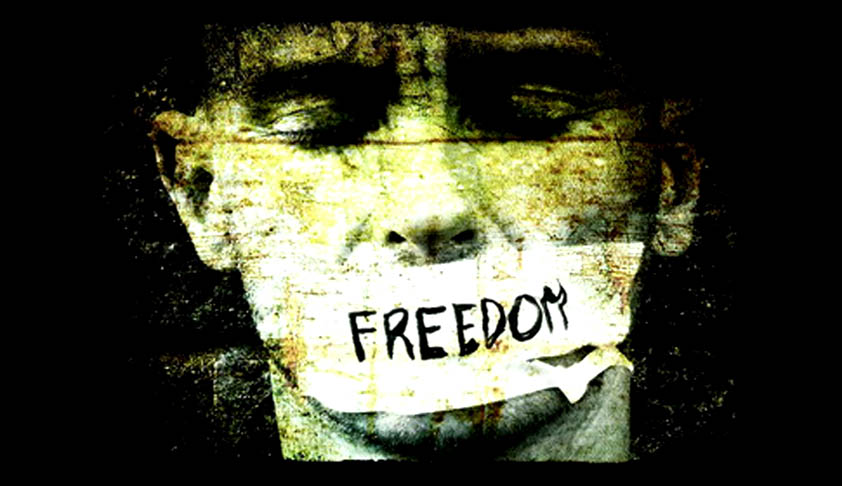Law Commission Consultation Paper: Should Indian defamation laws be modified?
Apoorva Mandhani
27 May 2014 12:12 PM IST

Next Story
27 May 2014 12:12 PM IST
Law Commission Consultation Paper on Media Law broadly deals with the theme of Freedom of Press, which even though isn't expressly a Fundamental Right under the Constitution of India, has been judicially recognized within the ambit of Article 19(1)(a) which declared Freedom of Speech and Expression as a Fundamental Right. This Freedom, as the paper states it, serves the larger purpose of...
